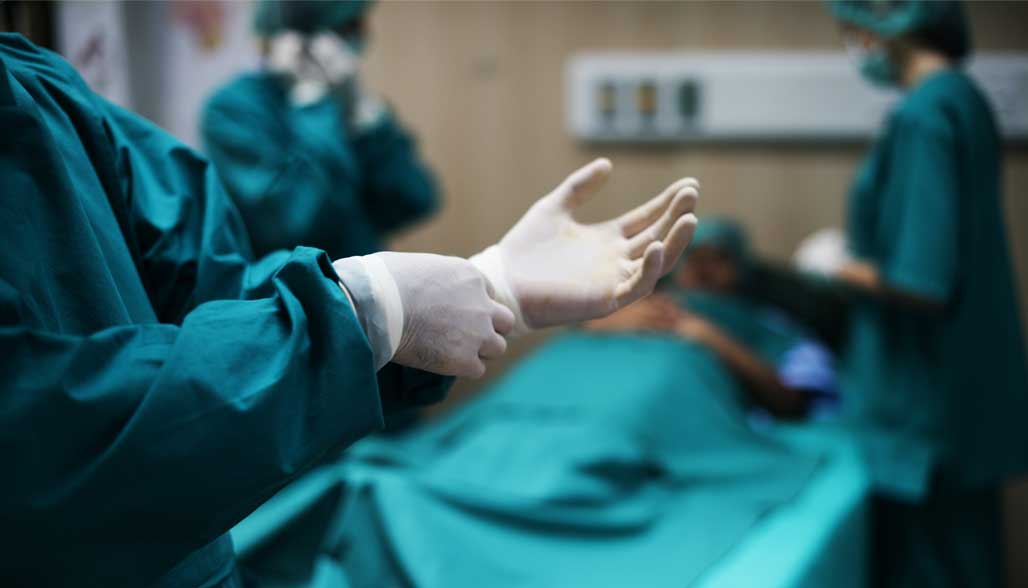
What is a Physician?
A doctor with a medical degree is commonly referred to as a physician. Physicians research, diagnose, and treat injuries and diseases in order to maintain, improve, and restore health.
What is a Surgeon?
A surgeon is a medical professional who focus in evaluating and treating illnesses that may necessitate surgical or physical changes to the human body. Surgical methods can be used to diagnose or treat illness or injury. Surgeons lead a team of other doctors and nurses in the operating room to ensure that an operation goes successfully.
Physicians at MedMal
While a medical malpractice is being arises, the source of facts is running around the skills of the Physicians or Surgeons.
In terms of skills
Physicians and surgeons, by holding themselves out to the world as such, engage that they possess the reasonable and ordinary qualifications of their profession, and are bound to exercise reasonable and ordinary care, skill, and diligence, but that is the extent of their liability. The burden of proof is upon the plaintiff in actions for malpractice to show that there was a want of due care, skill, and diligence, and that the injury was the result of such want of care, skill, and diligence.
In terms of locality
The locality in which the physician or surgeon practices should be taken into account. One in a small town or sparsely settled country district is not expected to exercise the care and skill of him who resides and has the opportunities afforded in a large city. He is bound to exercise the average degree of skill possessed by the profession generally in the locality in which he resides and practices.
In terms of duty
Physicians and surgeons should, however, keep up with the latest advance in medical science, and use the latest and most improved methods and appliance, having regard to the general practice of the profession in the locality where they practice, and it is a question for the jury to decide from all the circumstances of the case whether the physician or surgeon has done his duty in that respect.
In terms of Judgement
Physicians and surgeons are bound to give their patients their best judgment, but they are not liable for mere error of judgment. If the error of judgment is so great as to be incompatible with reasonable care, skill, and diligence, the physician or surgeon would be liable.
In terms of Damages
Damages may be recovered for pain and suffering produced by the negligence or want of skill of the physician or surgeon, and for loss of time and expense incurred on account of the improper treatment.

